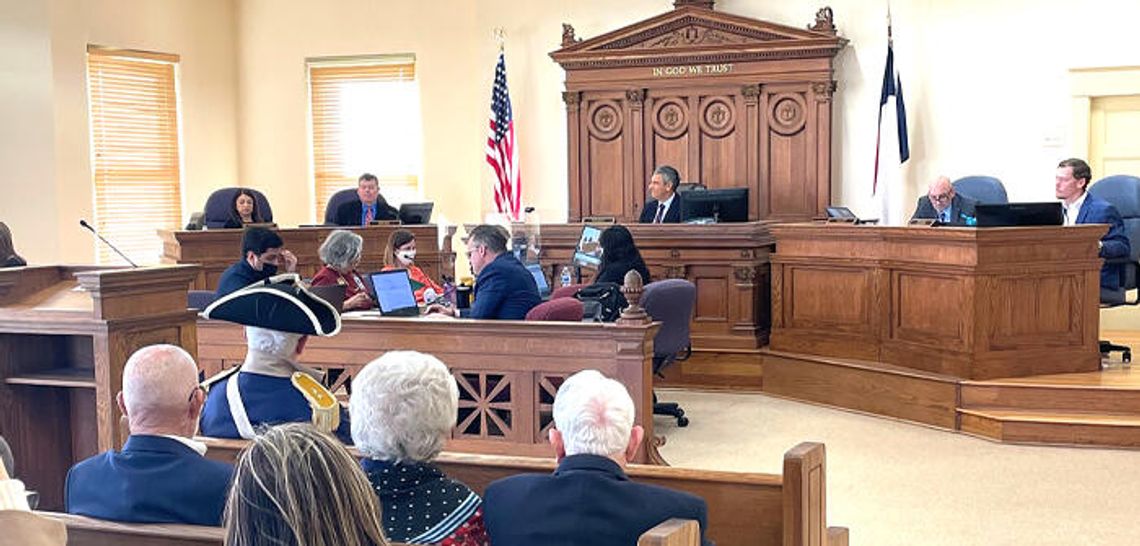By Megan Wehring
HAYS COUNTY — Hays County is following suit with other counties and cities across the U.S. in improving broadband connectivity.
On Feb. 15, the Hays County Commissioners Court listened to a presentation from Connected Nation, Inc. regarding broadband mapping. St. David’s Foundation has entered into a contract with Connected Nation to conduct a connected community engagement to provide targeted data collection and analysis of broadband and technology access.
PLEASE LOG IN FOR PREMIUM CONTENT. Our website requires visitors to log in to view the best local news.
Not yet a subscriber? Subscribe today!










